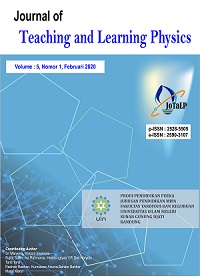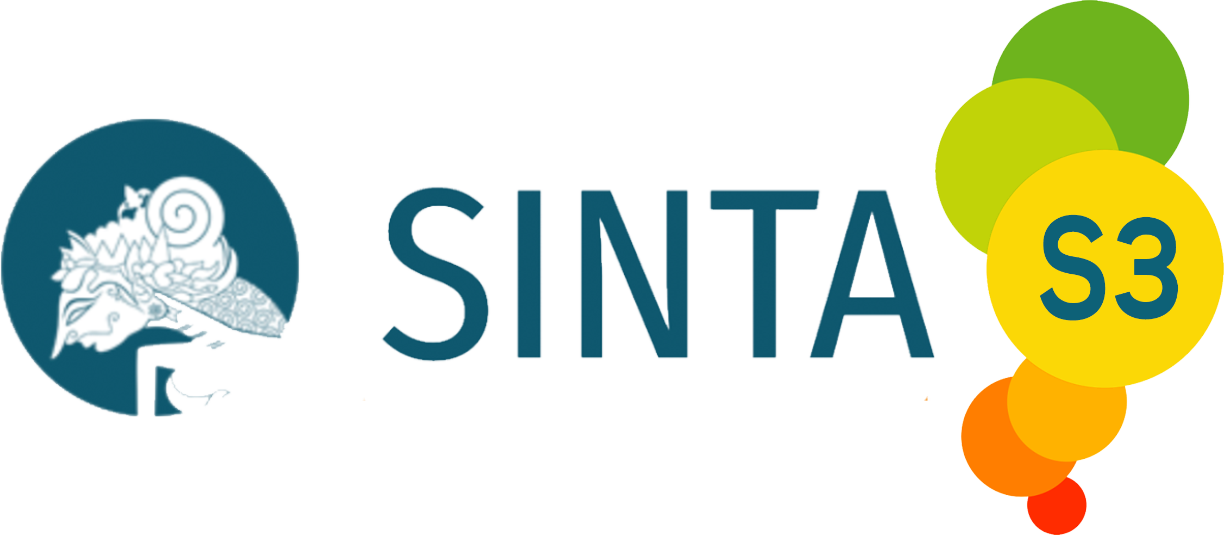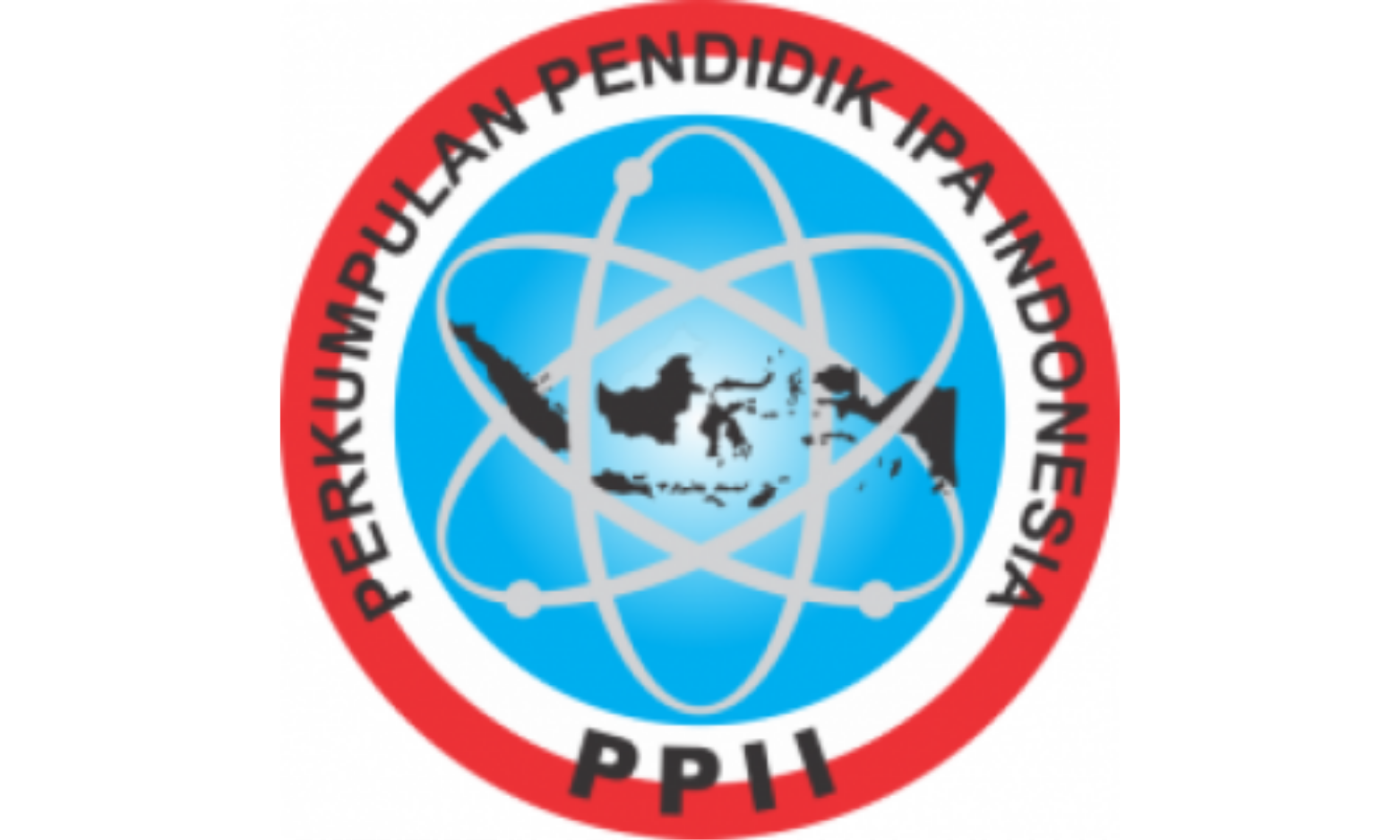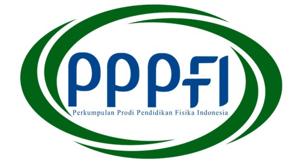Pengembangan Modul Elektronik Fisika Berbasis Konstruktivisme untuk Kelas X SMA
DOI:
https://doi.org/10.15575/jotalp.v5i1.5739Keywords:
modul elektronik, pembelajaran fisika, kelas X SMA, konstruktivisme, validAbstract
Abstract
limitations on the hard module and the lack of availability of technology-based learning media led to a lack of student motivation in learning physics. As a result, it is necessary to develop a constructivism-based electronic physics module. The objective of this research is to know the validity of constructivism-based electronic physics module for 1st student in Senior high school. This research is research and development research. Feasibility tests of the electronic module are carried out through the validation. Validation was carried out by three validators. Based on validation, it showed that constructivism-based electronic physics module that was developed is very valid with a percentage of 89.08%.
Abstrak
Keterbatasan pada modul cetak serta kurangnya ketersediaan media pembelajaran yang berbasis teknologi menyebabkan kurangnya motivasi siswa dalam mempelajari fisika. Untuk itu perlu dikembangkan sebuah Modul Elektronik fisika berbasis konstruktivisme. Penelitian ini bertujuan untuk menghasilkan Modul Elektronik Fisika yang valid untuk siswa Kelas X SMA. Penelitian ini adalah penelitian pengembangan (research development) dengan menggunakan model 4-D. Pada tahap develop dilakukan pengembangan modul dengan divalidasi oleh 3 orang validator. Berdasarkan hasil validasi terhadap modul elektronik fisika berbasis konstruktivisme yang dikembangkan adalah sangat valid dengan persentase 89,08%.
References
Abou El-Seoud, S., Seddiek, N., Taj-Eddin, I., Ghenghesh, P., Nosseir, A., & El-Khouly, M. (2014). E-Learning and Students’ Motivation: A Research Study on the Effect of E-Learning on Higher Education. International Journal of Emerging Technologies in Learning (IJET), 9(4), 20. https://doi.org/10.3991/ijet.v9i4.3465
Alsharif, K. (2014). How do Teachers Interpret the Term ‘Constructivism’ as a Teaching Approach in the Riyadh Primary Schools Context? Procedia - Social and Behavioral Sciences, 141, 1009–1018. https://doi.org/10.1016/j.sbspro.2014.05.170
Arkorful, V., & Abaidoo, N. A. (2014). The role of e-learning, advantages and disadvantages of its adoption in higher education. International Journal of Instructional Technology and Distance Learning, 12(1), 29–43. https://doi.org/10.3991/ijac.v3i2.1322
Auditor, E., & Naval, D. J. (2014). Development and Validation of Tenth Grade Physics Modules Based on Selected Least Mastered Competencies. International Journal of Education and Research, 2(12), 2201–6333. Retrieved from www.ijern.com
BSNP. Standar isi untuk satuan pendidikan dasar dan menengah (2006). Jakarta: BNSP
Bungum, B., Henriksen, E. K., Angell, C., Tellefsen, C. W., & Bøe, M. V. (2015). ReleQuant – Improving teaching and learning in quantum physics through educational design research. NorDiNa, 11(2), 153–168.
Gaikwad, N., & Tankhiwale, S. (2014). Interactive E-learning module in pharmacology: a pilot project at a rural medical college in India. Perspectives on Medical Education, 3(1), 15–30. https://doi.org/10.1007/s40037-013-0081-0
Getuno, D. M., Kiboss, J. K., Changeiywo, J. M., & Ogola, L. B. (2015). Effects of an E-Learning Module on Students ’ Attitudes in an Electronics Class. Education and Practice, 6(36), 80–86.
Hamdunah. (2015). Praktikalitas pengembangan modul kontruktivisme dan website pada materi. lemma, II(1), 35–42.
Hapsari, N. D., & Widodo, A. (2016). Meningkatkan pengetahuan dan keterampilan metakognisi siswa melalui bahan ajar berbasis konstruktivis-metakognitif. In Seminar nasional Pendidikan dan Saintek (pp. 591–598).
Peraturan Presiden RI (2003). Undang- Undang RI Nomor 20 Tahun 2003 Tentang Sistem Pendidikan Nasional. Jakarta: Sekretariat Negara RI.
Matanluk, O., Mohammad, B., Norizah, D., Kiflee, A., & Imbug, M. (2013). The Effectiveness of Using Teaching Module Based on Radical Constructivism toward Students Learning Process. Procedia - Social and Behavioral Sciences, 90(InCULT 2012), 607–615. https://doi.org/10.1016/j.sbspro.2013.07.132
Kementerian Pendidikan Nasional. (2010) Panduan Pengembangan Modul Elektronik. Jakarta: Direktorat Jenderal Pendidikan Tinggi Kemdiknas.
Perdana, F. A., Sarwanto, & Sukarmin. (2017). Pengembangan Modul Elektronik Fisika Berbasis Keterampilan Proses Sains Untuk Meningkatkan Kemampuan Berpikir Kritis dan Motivasi Belajar Siswa SMA/MA Kelas X Pada Materi Dinamika Gerak. Inkuiri, 6(3), 61–76.
Petchtone, P. (2014). The Development of Instructional Model Integrated with Thinking Skills and Knowledge Constructivism for Undergraduate Students. Procedia - Social and Behavioral Sciences, 116, 4283–4286. https://doi.org/10.1016/j.sbspro.2014.01.932
Pinilih, F. W., & Masykuri, M. (2016). Pengembangan Modul Elektronik Fisika Berbasis Saling Temas Materi Pemanasan Global untuk Siswa SMA/MA Kelas XI. Inkuiri, 5(2), 143–155.
Rufii, R. (2015). Developing Module on Constructivist Learning Strategies to Promote Students ’ Independence and Performance. International Journal of Education, 7(1), 18–28. https://doi.org/10.5296/ije.v7i1.6675
Sabri, A. (2010). Strategi Belajar Mengajar dan Microteaching. In Ciputat: PT Ciputat Press.
Sanjaya, W. (2008). Strategi Pembelajaran Beorientasi Standar Proses Pendidikan. In Jakarta: Kencana Prenada Media Group.
Santosa, A. S. E., Santyadiputra, G. S., & Divayana, D. G. H. (2017). Pengembangan e-modul berbasis model pembelajaran problem based learning pada mata pelajaran administrasi jaringan kelas xii teknik komputer dan. karmapati, 6(1).
SerafÃn, ÄŒ., Dostál, J., & Havelka, M. (2015). Inquiry-Based Instruction in the Context of Constructivism. Procedia - Social and Behavioral Sciences, 186, 592–599. https://doi.org/10.1016/j.sbspro.2015.04.050
Shurygin, V. Y., & Sabirova, F. M. (2017). Particularities of blended learning implementation in teaching physics by means of LMS Moodle. Revista Espacios, Vol. 38(No 40), Pág. 39. Retrieved from http://www.revistaespacios.com/a17v38n40/a17v38n40p39.pdf
Sufiyah, L., & Sumarsono, H. (2015). Pengembangan Media Pembelajaran Modul Elektronik Interaktif pada Mata Pelajaran Ekonomi untuk Kelas X Lintas Minat Ekonomi SMA Laboratorium UM Kota Malang. JPE, 8(2), 64–74.
Suyoso, & Nurohman, S. (2014). Developing web-based electronics modules as physics learning media. Kependidikan, 44(1), 73–82.
Trianto. (2010). Mendesain Model Pembelajaran Inovatif- Progresif Konsep, Landasan, dan Implementasinya pada Kurikulum Tingkat Satuan Pendidikan (KTSP). In Jakarta: Kencana (p. 2010).
Winkel, W. . (1996). Psikologi Pengajaran. In Jakarta: Grafindo.
Downloads
Published
Issue
Section
Citation Check
License
Journal of Teaching and Learning Physics is licensed under a Creative Commons Attribution-NonCommercial-NoDerivatives 4.0 International License









